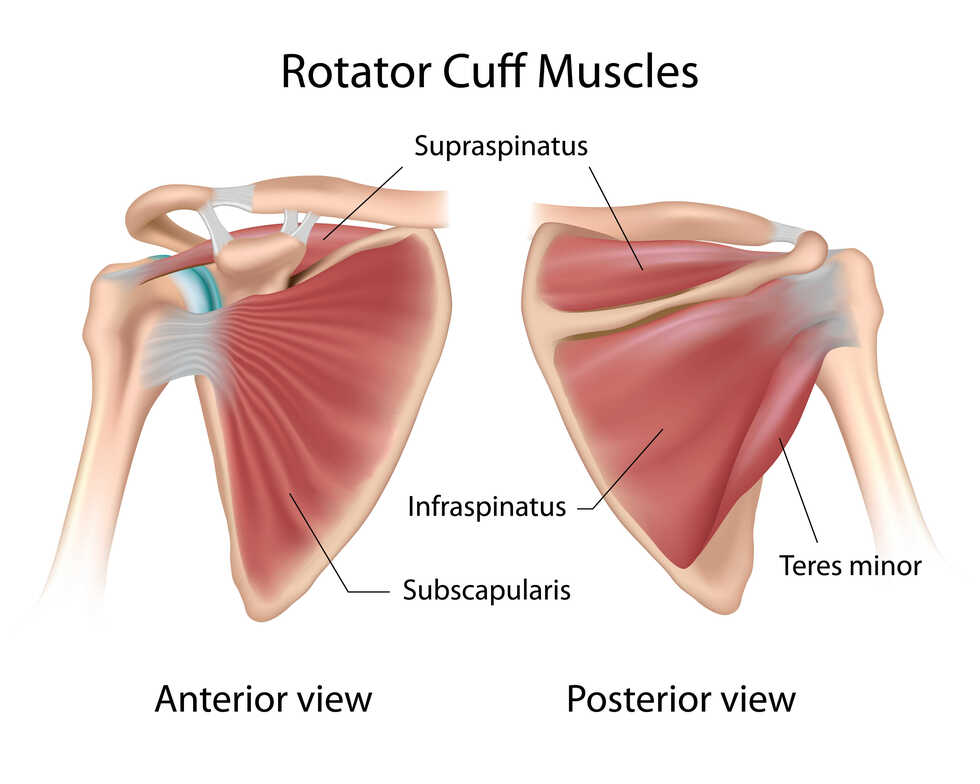
Dealing with rotator cuff issues can be a challenging journey, as it often involves pain, limited mobility, and functional restrictions. While home treatments may seem convenient and cost-effective, the expertise and guidance of a physiotherapist are invaluable when it comes to addressing rotator cuff problems, including impingement, tendinopathy, tears, and post-surgical recovery. In this blog post, we will explore why seeking the care of a physiotherapist trumps home treatment for optimal recovery and long-term shoulder health.
-
Accurate Diagnosis: A physiotherapist possesses in-depth knowledge of the musculoskeletal system and can accurately diagnose the specific rotator cuff issue you're facing. Whether it's impingement syndrome, tendinopathy, a tear, or post-surgical rehabilitation, a professional assessment is vital to determine the root cause, severity, and appropriate treatment plan. Home treatment lacks the expertise necessary for accurate diagnosis, potentially leading to ineffective or misguided self-care strategies.
-
Tailored Treatment Plan: Physiotherapists design individualized treatment plans based on your specific condition, goals, and progress. They have the expertise to customize interventions, exercises, and modalities to address your unique needs. Home treatment, on the other hand, often relies on generic approaches found online or anecdotal advice, which may not be suitable or effective for your specific rotator cuff issue.
-
Effective Rehabilitation: Rotator cuff issues require a comprehensive rehabilitation approach, which is best provided by a physiotherapist. They understand the importance of addressing muscular imbalances, restoring joint mobility, and improving shoulder stability through a combination of exercises, manual therapy, and modalities. They will guide you through progressive rehabilitation protocols, ensuring proper technique and providing ongoing support to achieve optimal outcomes. Home treatment lacks the expertise to effectively guide the rehabilitation process, potentially resulting in incomplete recovery or re-injury.
-
Hands-On Manual Therapy: Physiotherapists employ a range of manual therapy techniques to address rotator cuff issues. These hands-on interventions, such as joint mobilization, soft tissue mobilization, and trigger point release, can effectively reduce pain, restore joint mobility, and improve tissue healing. Manual therapy requires specific skills and knowledge, making it an essential aspect of professional physiotherapy care that cannot be replicated through home treatment alone.
-
Post-Surgical Rehabilitation Expertise: If you've undergone rotator cuff surgery, the guidance of a physiotherapist during the recovery process is crucial. They possess specialized knowledge in post-surgical rehabilitation protocols, ensuring that you progress safely and effectively. Physiotherapists will provide a comprehensive treatment plan that includes exercises, manual therapy, and modalities to promote healing, restore strength, and regain function. Home treatment lacks the expertise and understanding of the intricacies of post-surgical recovery, potentially hindering your progress and jeopardizing the surgical outcome.
-
Progress Monitoring and Support: Physiotherapists are dedicated to monitoring your progress, adjusting treatment as needed, and providing ongoing support throughout your rehabilitation journey. They will assess your range of motion, strength, and functional abilities, providing valuable feedback to optimize your recovery. Home treatment may lack the accountability and professional guidance necessary to track progress effectively and address any setbacks or complications.
When it comes to rotator cuff issues such as impingement, tendinopathy, tears, and post-surgical recovery, the expertise and guidance of a physiotherapist are invaluable. Seeking professional care ensures accurate diagnosis, personalized treatment plans, effective rehabilitation, hands-on manual therapy, and ongoing support. Remember, investing in professional physiotherapy care for your rotator cuff issues is a proactive step towards restoring shoulder health, maximizing function, and achieving long-term well-being.





